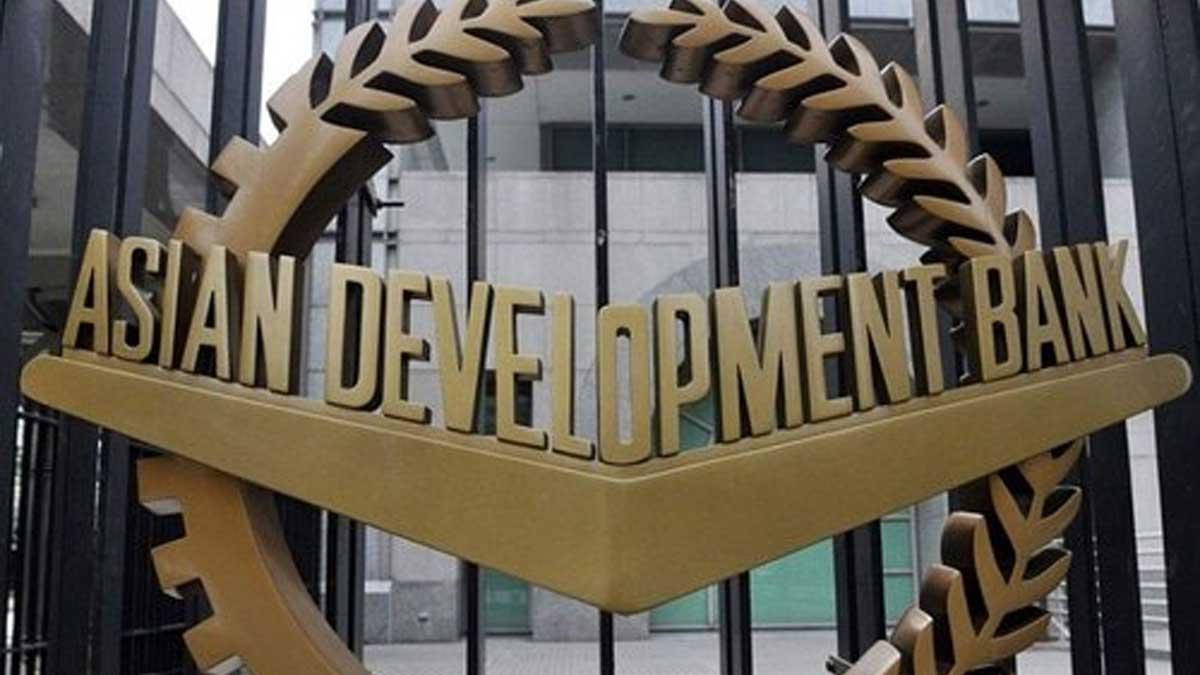Amidst its ongoing struggle to stabilize its economy, Pakistan finds itself facing one of the most daunting economic challenges in Asia. The economic landscape is bleak, with Islamabad narrowly avoiding a complete meltdown.
Recent assessments by the Asian Development Bank (ADB) depict a grim picture of Pakistan's economic trajectory. The country now holds the unenviable title of being the most expensive in Asia, burdened by soaring living costs and rampant inflation, currently standing at a staggering 25 percent. Economic growth is sluggish, projected at a mere 1.9 percent, ranking among the lowest in the region.
Looking ahead, forecasts for the next fiscal year offer little respite. The ADB anticipates inflation to persist at around 15 percent, with growth creeping up slightly to 2.8 percent, still among the region's weakest.
This dire situation marks a stark reversal from Pakistan's previous standing in South Asia. Once considered relatively expensive, the country now finds itself at the apex of Asia's cost of living index, a testament to its deepening financial woes.
Disconcertingly, these projections defy the expectations of Pakistan's central bank, the State Bank of Pakistan, which aimed for a more modest inflation target of 21 percent. Despite efforts, this target appears increasingly elusive, with interest rates soaring at 22 percent.
The ADB's report arrives at a time when Pakistan is grappling with an acute economic crisis. Recession looms large, pushing millions into poverty at an alarming rate. The recent revelation by the World Bank that nearly 98 million Pakistanis live below the poverty line underscores the severity of the situation, with another 10 million poised to join their ranks.
While the ADB has previously offered a glimmer of hope for Pakistan's economic recovery, its latest report highlights persistent challenges. Mounting external financing needs and a burdensome debt burden cast a shadow over any prospects for revitalization, exacerbated by global economic uncertainties.
Political instability further complicates matters, posing a significant risk to reform efforts. The looming specter of conflict in the Middle East threatens to disrupt supply chains, compounding Pakistan's economic woes. With weak external buffers and escalating financing requirements, the country's reliance on multilateral support becomes increasingly vital.
Amidst these challenges, the prospect of IMF assistance looms large. However, securing a new bailout package is fraught with obstacles, as the IMF emphasizes the need for comprehensive reforms. Addressing issues such as tax reform, equitable public spending, and transparency are paramount to unlocking vital international support.
As Pakistan's Finance Minister prepares to engage with the IMF, the urgency of the situation cannot be overstated. The ADB's report serves as a sobering reminder of the obstacles ahead, underscoring the need for decisive action to avert further economic turmoil.
Read also | US Declares Unwavering Backing for Israel Amidst Iranian Drone Assault
Read also | Tragedy Strikes: Six Lives Lost in Sydney Mall Stabbing, Attacker Fatally Shot


















